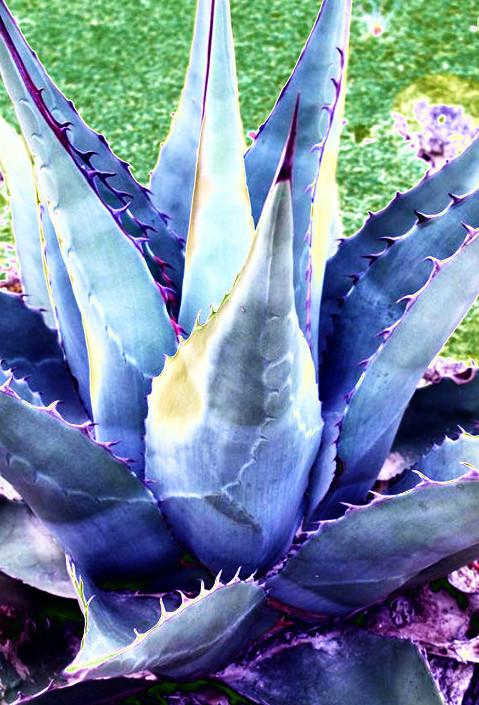Cactus tapped for next-gen fuels
 Australian industry could turn to tequila to ease its fuel shortage woes.
Australian industry could turn to tequila to ease its fuel shortage woes.
Researchers say the agave plant used to make tequila could be established in semi-arid Australia as an environmentally friendly way to produce a range of useful products including biofuels and even hand sanitiser.
While the popular Mexican rocket fuel is often the source of a weary morning, in this case tequila may help the nation recover from its fossil fuel hangover.
The agave plant is now being grown as a biofuel source on the Atherton Tablelands in Far North Queensland by MSF Sugar, and it promises some significant advantages over existing sources of bioethanol such as sugarcane and corn, according to Sydney University’s Associate Professor Daniel Tan.
“It can grow in semi-arid areas without irrigation; and it does not compete with food crops or put demands on limited water and fertiliser supplies. Agave is heat and drought tolerant and can survive Australia’s hot summers,” he said.
A/Prof Tan assembled a research team and led an economic analysis of the plant.
It found that bioethanol production from agave grown in semi-arid Australia would cause minimum pressure on food production and water resources. The experts say agave is superior to that from corn and sugarcane in terms of water consumption and quality, greenhouse gas emissions, as well as ethanol output.
The analysis shows a bioethanol yield of 7,414 litres per hectare each year is achievable with five-year-old agave plants.
The study found that sugarcane yields 9,900 litres a hectare each year. However, agave outperforms sugarcane on a range of measures, including freshwater eutrophication, marine ecotoxicity and – crucially – water consumption.
Agave uses 69 percent less water than sugarcane and 46 percent less water than corn for the same yield. For US corn ethanol, the yield was lower than agave, at 3800 litres a hectare a year.
“This shows agave is an economic and environmental winner for biofuel production in the years to come,” Associate Professor Tan said.








 Print
Print